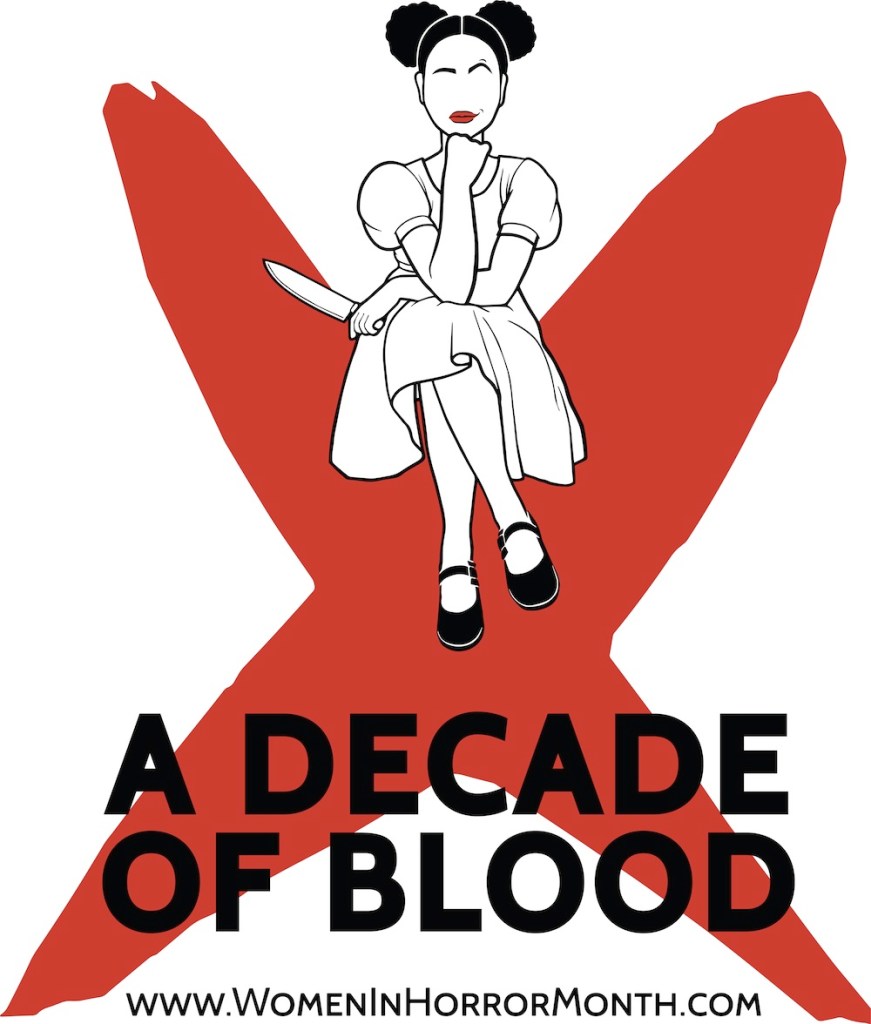After our trip to Whitby, which I talked about last week, we went on to Center Parcs, Longleat, to meet up with family — a place we’ve not visited for years. Can’t claim we’re impressed. Amazed at the high ratings of reviews. Family had booked a 4-bedroom which turned out to be 5-bedroom villa with disabled facilities, a games room and sauna. I have to say none of us were pleased with the placement for a disabled property, as Longleat is hilly. One has to wonder what designers were thinking, as it would make more sense to locate the disabled accommodation near the Village Plaza where the Pinewood apartments are. The slope up to the nearest land train point would make pushing a wheelchair a considerable task, and, while I’m sure an official reply would be to order the park transport service for disabled visitors, it’s necessary to book it in advance. It’s not always possible to know what a person wishes (or is able) to do one minute to the next, particularly when a family member has difficulties. In additions, the décor was atrocious. Brown everywhere. Dark brown tiles in the bathrooms with dark grey trim made it feel as though I were walking into a cave. No exaggeration:

Dark brown walls behind the beds. Brown carpet was almost everywhere and laminate wood effect flooring in the bathrooms and downstairs added to the oppressive atmosphere. And I’ve never stayed in any place with such creaky floorboards, which by the end of the weekend were driving everyone crazy.

Even worse was the food. We felt the dining in option okay but less than average food, the choice at Huck’s lacking, and while they ask about food intolerances, they should fill no menu with spicy food to where there’s little to no other choice. No Hassleback potato available. Really? At 7:45 on a Saturday night, there are no potatoes unless they’re fries? The worst has to be Dexter’s, chosen for convenience and wanting to get on the road. If one wishes to eat the world’s worst burger at deluxe burger prices, then eat at Dexter’s at Center Parcs. My husband joked that ‘maybe we shouldn’t eat anywhere called Dexter’s’ — humour only those who watched the series will understand — but I think he had a point. I’m not sure WHAT was in that bun! While we didn’t try any other outlets this visit, we had the only good meal at the Pancake House.
The one thing I do like there is the spa, and we spent three hours enjoying the facilities in their refurbished suite of saunas and relaxation rooms — a place that would be more relaxing if other visitors understood the meaning of peace.
FILM/TV:
Welcome to Marwen is a great example of a story well told and special effects put to great use so I’m surprised to learn the film flopped, along with reviews calling Steve Carell’s performance icky, the story misconceived and misguided, and questioning its target audience. But then I’m often the odd one out in such things. Granted the way they present the female dolls is perhaps a trifle unpleasant and overdone, and the way the antagonists take on the persona of Nazi soldiers unsettling, but as this is based on true events, without delving more into the facts I can’t comment. Based on the factual story of Mark Hogancamp, a man struggling to recover from a brutal assault that wipes away his memories, had anyone told me a blend of real life action and animation featuring dolls would be so engrossing, I doubt I would have believed them. While imperfect in places and not one I would wish to watch twice, sorry, I enjoyed it.
In preparation to watch the new Netflix series of The Dark Crystal, we watched the film, not having seen it since in the cinema back in 1982. Easy to recall the details, as the heart of the tale is a simple story featuring many of the hero’s journey plot points. I don’t know whether I’m alone, but the puppets for me were as grotesque as they’ve always been, and by that I also mean the Gelflings. Though I admire the artistry in all Jim Henson’s work, this type of puppetry strikes me as repulsive… and possibly they’re supposed to be. Still, most of us, then and now, wanted a Fizzgig.
READING:
Jonathan Maberry, while best know for his Young Adult zombie books, also writes for adults and proves he’s capable of handling the vampire genre in V-Wars. I started this because the series is in production. The thing to stand out for me was I’ve never seen a multi-authored book arranged in this manner with the stories broken up into parts and a sliding timeline. I can easily see why and how this has been adapted for television.
Silent Night continues Jack Sheffield’s series featuring the headmaster, teachers, and children of Ragley school in the usual charming and gentle fashion, this one set in 1984. Followed by Star Teacher, the 9th book in the series set in 1985 and bringing more changes into the life of Ragley’s headmaster.
As I was on the road a lot this month, I didn’t read as much as I hope and chose some lighter titles.
WRITING:
Working on a (possible) re-release of a book and two others to accompany it to create a trilogy. Also got edits (mostly to change my English spelling and punctuation to American) from Night To Dawn magazine for a short story of mine, a work of dark fiction entitled, Bead Trickling Laughter.

















